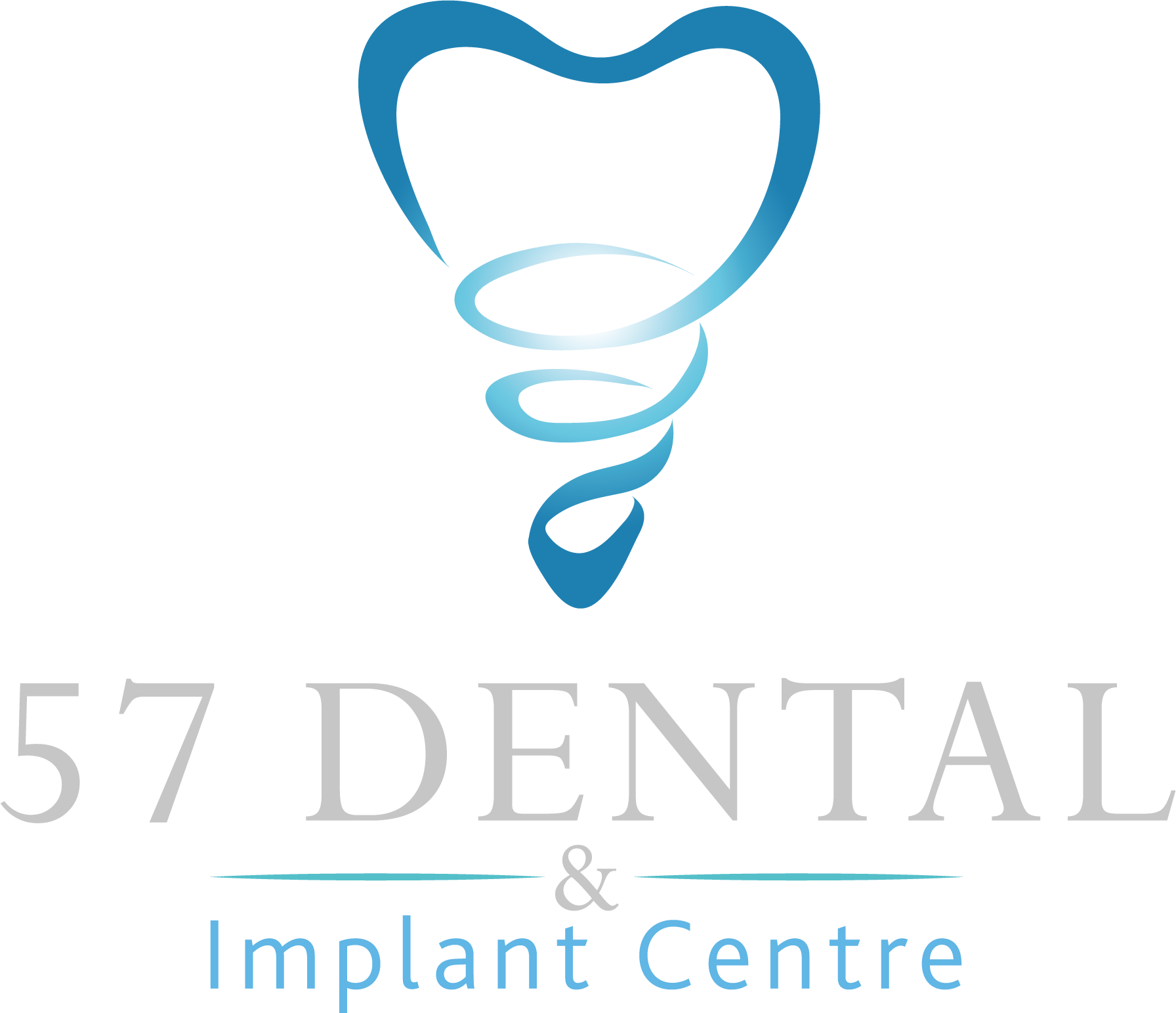Whether you’re considering dentures due to age-related tooth loss, decay, or any other dental issues, it’s essential to be well-informed about what to expect during this process. In this comprehensive guide, we will provide you with valuable tips and insights to ensure a smooth transition to dentures, empowering you to make informed decisions and navigate this journey with confidence.
Understanding the need for dentures
Dentures are a common solution for individuals who have lost a significant number of teeth or require full tooth replacement. They are custom-made prosthetic devices designed to replace missing teeth and surrounding tissues. Dentures not only restore your ability to eat and speak properly but also enhance your smile, boosting your self-confidence and overall well-being.
Initial consultation and assessment
The first step in your denture journey is an initial consultation with a qualified dentist or Prosthodontist. During this visit, the dental professional will thoroughly examine your oral health, review your medical history, and discuss your specific concerns and expectations. This comprehensive assessment allows the dentist to develop a personalised treatment plan tailored to your unique needs.
Preparing for dentures
Once your initial consultation is complete, several preparatory steps may be necessary to ensure the best possible outcome for your denture treatment. These may include:
- Dental Impressions: Dental impressions will be taken to create an accurate mold of your gums and remaining teeth. These moulds serve as a foundation for crafting your customised dentures, ensuring a comfortable and secure fit.
- Extractions: If you have any remaining unhealthy teeth, extractions may be required before denture placement. Your dentist will carefully evaluate your oral health and perform extractions, if necessary, to provide a healthy foundation for your new dentures.
- Temporary Dentures: In some cases, temporary or immediate dentures may be provided to you while your final dentures are being crafted. These temporary dentures help maintain the structure of your mouth and allow for a smoother transition to your permanent dentures.
- Oral Health Optimization: Your dentist may recommend various treatments or procedures, such as dental cleanings, gum disease treatment, or bone grafting, to optimise your oral health before denture placement. These measures ensure the best possible foundation for your new dentures.
Fitting and adjustments
Once your customised dentures are ready, you will have a fitting appointment with your dentist. During this visit, the dentist will carefully place and adjust your dentures to achieve an optimal fit, function, and aesthetics. It’s important to communicate any concerns or discomfort you may experience during this process to ensure that necessary adjustments are made.
Adapting to your new dentures
Adapting to dentures is a gradual process that requires patience and practice. Here are some additional tips to help you navigate this transition smoothly:
- Denture Adhesive: If needed, your dentist may recommend using a denture adhesive to enhance the stability and comfort of your dentures. This can be particularly helpful in the initial stages of wearing dentures.
- Saliva Flow: It’s common to experience changes in saliva flow when wearing dentures. Initially, you may notice an increase in saliva production, but with time, your mouth will adjust. Swallowing more frequently can help manage excess saliva.
- Sore Spots: During the initial period of wearing dentures, you may develop sore spots on your gums. These areas can be relieved by applying a denture relief gel or cream recommended by your dentist.
- Speaking and Eating: Practise speaking and eating with your new dentures to build confidence and improve functionality. Start with softer foods and gradually introduce a wider range of textures. Be patient with yourself as you learn to control the movement of your dentures while speaking and chewing.
- Oral Hygiene: Even with dentures, maintaining good oral hygiene is crucial. Remove your dentures at night and clean them thoroughly using a soft-bristled brush and denture cleaner. Additionally, clean your gums, tongue, and palate with a soft toothbrush to keep your oral tissues healthy.
- Denture Care and Storage: Follow the specific care instructions provided by your dentist to keep your dentures in excellent condition. When not wearing your dentures, store them in water or a denture-cleansing solution to prevent them from drying out.
Embracing a New Smile
Transitioning to dentures can be a transformative experience, giving you a new smile and restoring your oral function. While it may take time to adjust to your dentures fully, following the tips and guidance provided by your dental professional will ensure a smooth and successful transition.
At 57 Dental & Implants Centre, we are dedicated to providing exceptional dental care and helping our patients achieve optimal oral health. If you have any questions or concerns about transitioning to dentures or any other dental procedures, our experienced team is here to assist you every step of the way.
